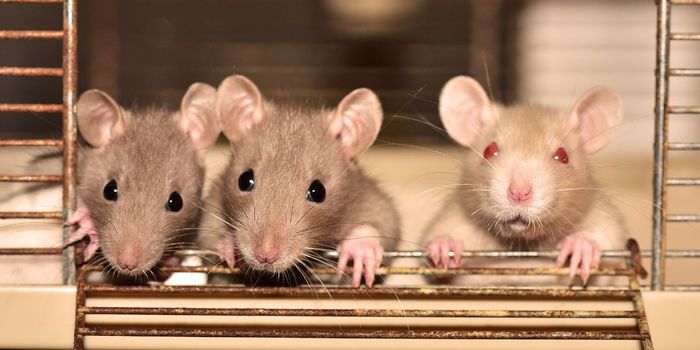What's not a true organism but is responsible for huge crop failures and the loss of millions in dollars in agricultural revenue every year? That would be the tiny, replicating bits of RNA known as viroids!
These are small RNA molecules that have the capacity to infect plants. Uniquely, these molecules are simpler than even viruses, containing no outer envelope or proteins at all. Yet, inside a plant host, the "naked" RNA molecule assembles itself into a double-stranded structure, which affects the plant's ability to make crucial proteins. Plants infected with the viroid show stunted growth, deformities of the leaves and fruits, stem necrosis, and death. Fortunately, there's no evidence that viroids can infect humans (so far).
As a single RNA molecule, viroids are the world's smallest infectious pathogens. But how do these seemingly harmless molecules propagate and hurt the plant host? Scientists think the viroids subvert the plant's transcription machinery to make endless copies of itself. Watch the video to learn more about the complexities we've uncovered for this single small molecule.








